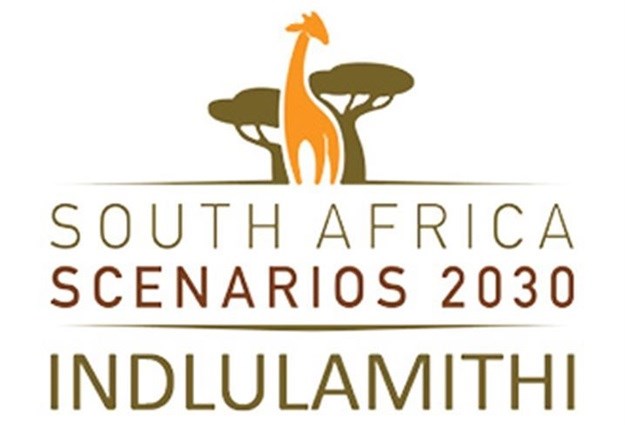
Top stories

Marketing & MediaBehind the campaign: Reframing fairness in ride-hailing: The inDrive success story
inDrive 3 hours





More news

















With a diverse group of South Africans investing energy into the project, the resulting scenarios will be completed mid-2018 and then taken into the public domain.
“Indlulamithi is about social cohesion – about building solidarity among South Africans, a national feeling of belonging and mutual respect. It goes without saying that this means tackling the inequalities that fuel division and ensuring that all people feel they have opportunities to achieve a better life,” says political analyst and Indlulamithi spokesperson Dr Somadoda Fikeni.
“Currently we witness the symptoms of exclusion on a daily basis – angry service and education protests, extensive joblessness and homelessness, crime that undermines security, violence against women and children, and human trafficking. We urgently need to find radical new ways to heal our country’s persistent and painful divisions.”
Indlulamithi is the Nguni word for giraffe and, literally translated, means “rising above the trees”. It alludes to the fact that scenarios are about lifting one’s gaze and focusing on the big picture, long-term vision.
The Indlulamithi scenarios – or storylines about possible routes to alternative visions of the future – aim to provide tools to help tackle complex issues.
“We are encouraged by the spirit of national consultation that has re-emerged recently and signs from government that it welcomes broader partnership to define a new era. We believe Indlulamithi has something unique to contribute.
"The scenarios approach has the potential to assist decision-makers to break out of their mental prisons and to stimulate vital discussions in a non-threatening way,” says Fikeni.
Once the Indlulamithi scenarios are published, a series of intensive workshops will be held across South Africa to spark a national discussion on the trajectory of the country over the next 12 years and the actions needed to ensure that progress is on the preferred path.
“In a sense, this is where the serious work begins,” says Dr Yacoob Abba Omar, Indlulamithi steering committee member. “Our goal is to invite and even challenge leaders in various spheres to consider how their decisions and their actions fit into the various scenarios. We want people to own the idea that they have the power to make a difference to the unity and solidarity of our country’s people.”
The scenarios are produced through a process that combines factual social and economic research, along with interviews and focus groups to elicit insights of a diverse group of people. These findings are then interrogated and interpreted during several workshops by experts from different backgrounds. The objective is to identify a handful of key driving forces that impact critically on social cohesion, and then to weave various, coherent storylines around these forces.
The overriding question that has guided all this effort is: What would a socially cohesive South Africa look like? And to what degree is it attainable by 2030?
Forming a critical part of the Indlulamithi project, a two-day research conference was held on Thursday, 1 March, drawing together academics, policy-makers and emerging thinkers to examine topics such as mother-tongue education, human trafficking, labour law, the state of the South African family, intergenerational trauma and shifting our economy into higher gear. Participants examined the impact of these on the integration of society.
The Indlulamithi project is facilitated and supported, through financing, human resources and in-kind donations, by several private and public sector organisations.